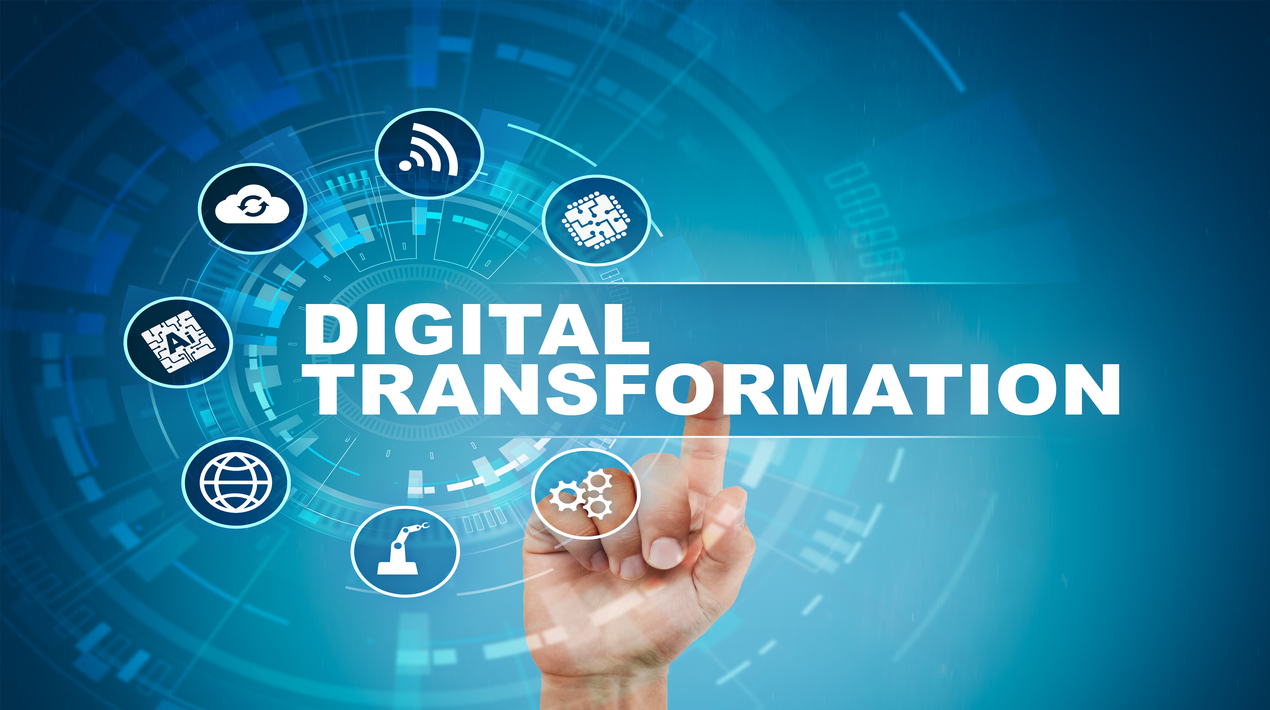
Despite the pandemic, Indonesia’s economy continues to strengthen, thanks to widespread digital adoption and transformation across a wide range of industries and stakeholders. The digital economy has played a vital role in Indonesia’s overall economic recovery, particularly during difficult times, when digitalisation has considerably aided some critical government programs such as the pre-employment card and the microcredit programme (KUR).
The digital economy could be the primary driver of post-pandemic economic growth if stakeholders, either the government, investors or companies, join hands in continuing to build the country’s digital foundations stronger and broader. The digital economy will also become one of Indonesia’s Group of 20 presidency priorities in 2022. The government, through the Communications and Information Ministry, has developed three priority issues in the Digital Economy Working Group: equitable digital access, digital literacy and cross-border flow of data traffic.
Digital inclusion, or guaranteeing equitable digital competitiveness in all provinces and narrowing the gap between the top and lowest level provinces, must be translated into more solid and broader digital foundations. It is critical to shape and identify the major success factors and obstacles of each region’s digital competitiveness in order to develop a more sustainable economy.
The digital talents pillar has grown in Yogyakarta and East Kalimantan. Yogyakarta also saw gains in the pillars of entrepreneurship and productivity. Meanwhile, the infrastructure and use of information and communication technology (ICT) in West Sumatra has grown. Apart from the top 10, Bengkulu, West Papua, and West Sumatra saw the fastest score growth, with increases of 7.8, 6.7, and 5.4 points from their 2021 level, respectively. It suggests that certain provinces are accelerating digitally and are pursuing digital equity more aggressively.
There are five critical building elements to securing Indonesia’s digital economy’s long-term viability and propelling the country towards its digital golden age. The essential basis for driving digital performance at a national level is ICT infrastructure. Through the building of base transceiver stations, approximately 7,904 places in the frontier, outermost, and undeveloped (3T) areas have obtained 4G networks. In West Papua, for example, the number of villages receiving 4G signals increased by 126%, far more than in other regions.
Government service digitisation has been shown to boost productivity, efficiency, and transparency. The majority of digital enterprises believe that government laws are the primary driver of digital payment usage, according to the survey. Support from government policies is an important part of post-pandemic company development for start-ups. As a result, the regulator should be flexible in developing and amending laws and policies that pertain to digital economy activities to promote digital inclusion and accelerate economic progress.
Stakeholders must integrate environmental, social, and governance (ESG) concepts into their strategy and executions as quickly as possible. To achieve sustainability in advancing toward Indonesia’s digital golden era, all stakeholders must examine their value chain to identify environmental, socioeconomic, and community concerns.
As reported by OpenGov Asia, the Government of the Republic of Indonesia is building cooperation in the digital sector to support the acceleration of national digital transformation. The Minister of Communication and Informatics, Johnny G. Plate, is looking to create opportunities to develop partnerships to implement the latest technologies across the nation.
Minister Johnny G. Plate discussed “Strategies for Energising the Data Economy” and spoke about increasing the volume of global data, the urgency of the Green Data Center and the importance of Cross Border Data Flow and Data Free-Flow With Trust – all of which are priority issues of the Digital Economy Working Group (DEWG) under the leadership of the Ministry of Communication and Informatics in the G20 Indonesia Presidency.
















